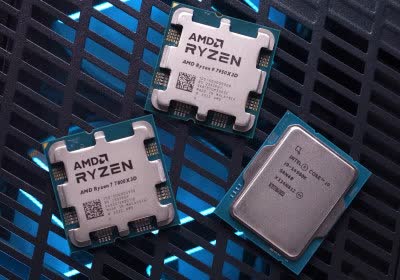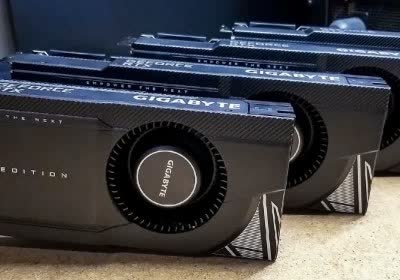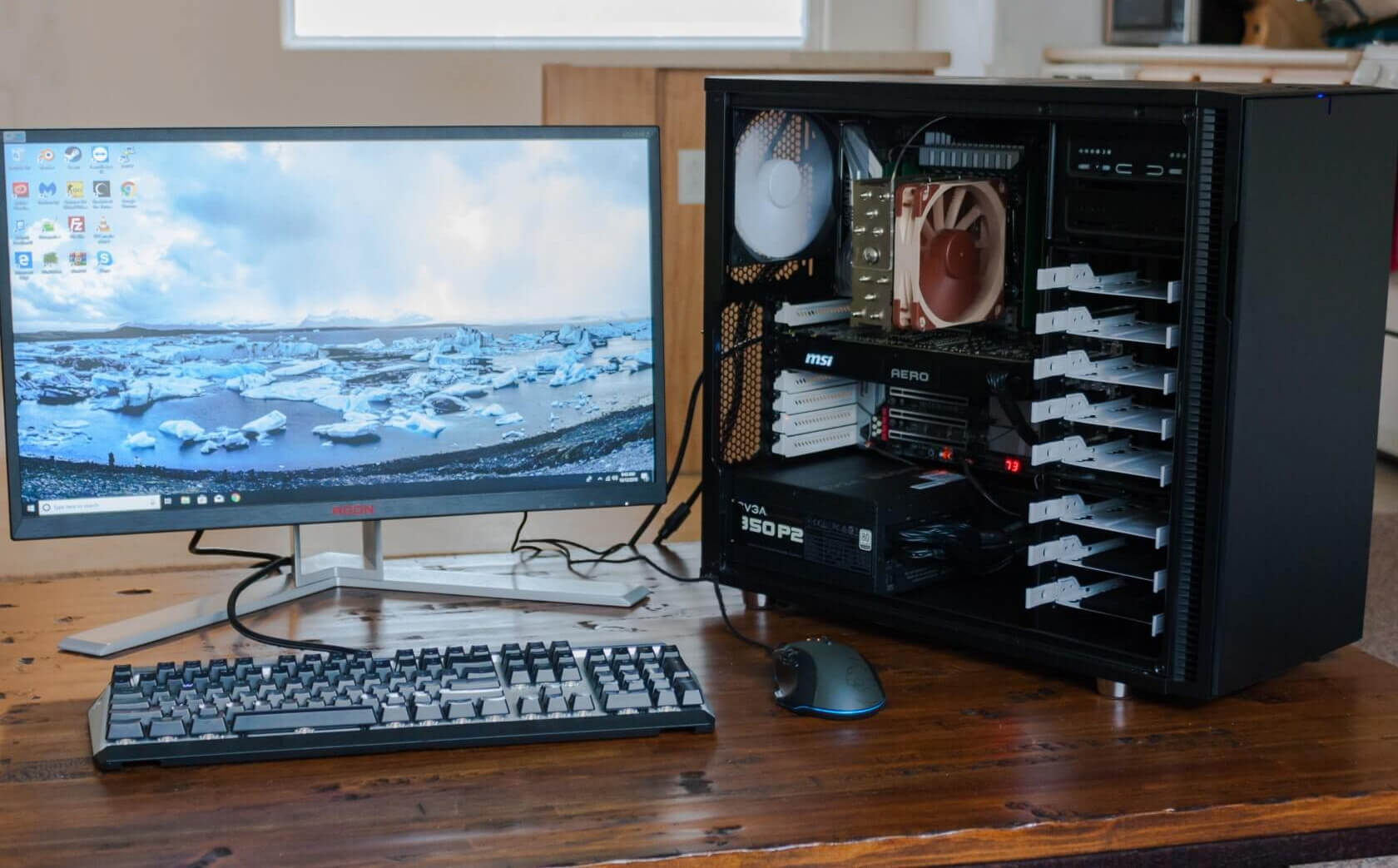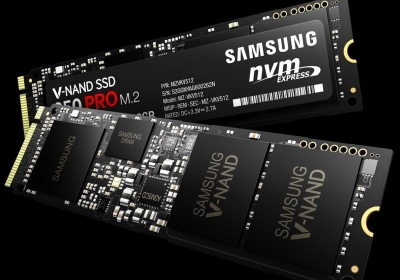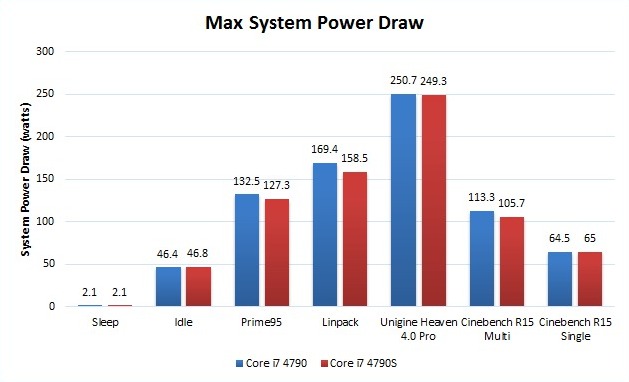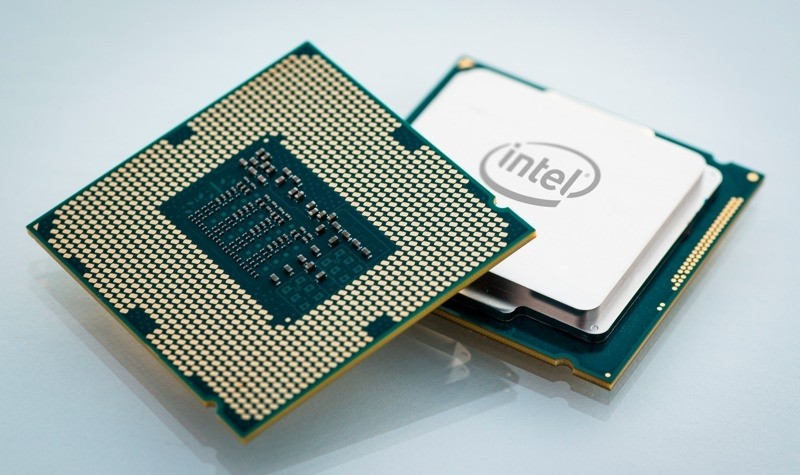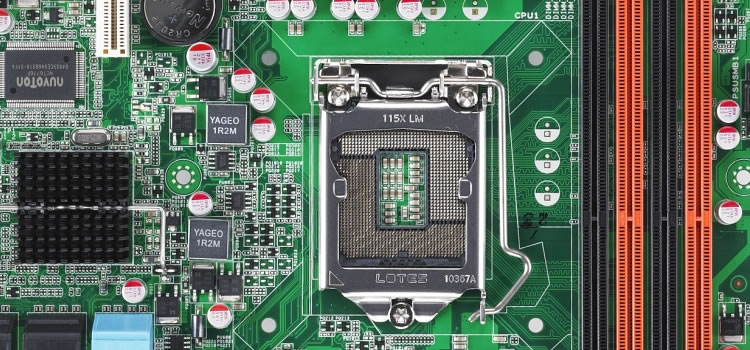Puget drops Samsung 990 Pro SSDs due to reliability concerns
Puget's reliability report shows nearly flawless record for Samsung SSDs
AMD CPUs remain more popular than Intel's among Puget Systems' workstation customers
Quad GeForce RTX 3090 tested on a single PC running workstation benchmarks
Custom PC for Work: Ordering a Machine from Puget Systems
If you've been in the PC community for a while, you may have heard the name Puget Systems before. They are a custom system builder specializing in workstations and gaming PCs. This includes workloads such as engineering, content creation, 3D modeling, ML/AI, streaming, and more.
How much faster is a modern workstation for Adobe Photoshop CC 2017?
Adobe Premiere Pro CC 2015.3 CPU & GPU Performance
When configuring a workstation for Premiere Pro, there is a huge variety of components that you need to choose from. Everything from what CPU and video card to the number and speed of drives you need should be taken into consideration. In this article we will be testing several CPU and GPU options you might consider in a workstation.
4K Monitors: Can the human eye actually see the difference?
Intel S-series CPUs Power to Performance Comparison: Core i7 4790 vs. 4790S
You may be familiar with Intel naming their processors under the Core i7, i5 and i3 moniker based on the performance and features offered. But beyond that there are also a handful of different product lines within each of those brands identified by a K, X, S or T appended to the model name. In this article, we'll cover the 'S' product line in particular to determine the actual performance, power draw, and thermal differences compared to its standard counterpart.
Quantified: How high temperatures, cooling affect CPU performance
Older CPUs would simply fail if they started to overheat, but modern CPUs adjust their frequency based on temperature (among other things) to prevent a dramatic failure. Because of this, it stands to reason that once you reach certain temps, you will no longer be getting the maximum performance from your CPU because it will be busy protecting itself. But what is that temperature? And do you really need a high-end liquid-cooled system to get peak performance?
Introduction and Guide to Managing Self-Encrypting Drives
A SED, or self-encrypting drive, is a type of hard drive that automatically and continuously encrypts the data in it without any user interaction. What may surprise many is that a decent potion of the drives currently in the market are in fact SEDs. The method involves a Data Encryption Key that encrypts and decrypts data whenever data is written to the drive or read from it. But the process is so transparent to user that it is unlikely they would ever realize they have such a feature.
RAM Put to the Test: ECC vs Non ECC Memory Performance
Much of the ECC versus Non-ECC argument comes down to speed versus reliability. The reliability argument at least is easy to validate, but to settle the question of whether ECC actually lowers system performance, we ran a series of benchmarks with standard RAM, ECC RAM, and Registered ECC RAM that all run at the exact same frequency, timings, and voltage.
Puget Systems' List of Most Reliable PC Hardware
We've all been there. You want to buy a new graphics card, you read the reviews, and settle on the best GPU within your budget. Then you have to decide from half dozen or so manufacturers that offer nearly identical hardware. But which is the most reliable? The same scenario could be applied to other components like motherboards, storage or memory. That's why when we found this annual list compiled by boutique PC manufacturer Puget Systems we asked them to reproduce it for you.
